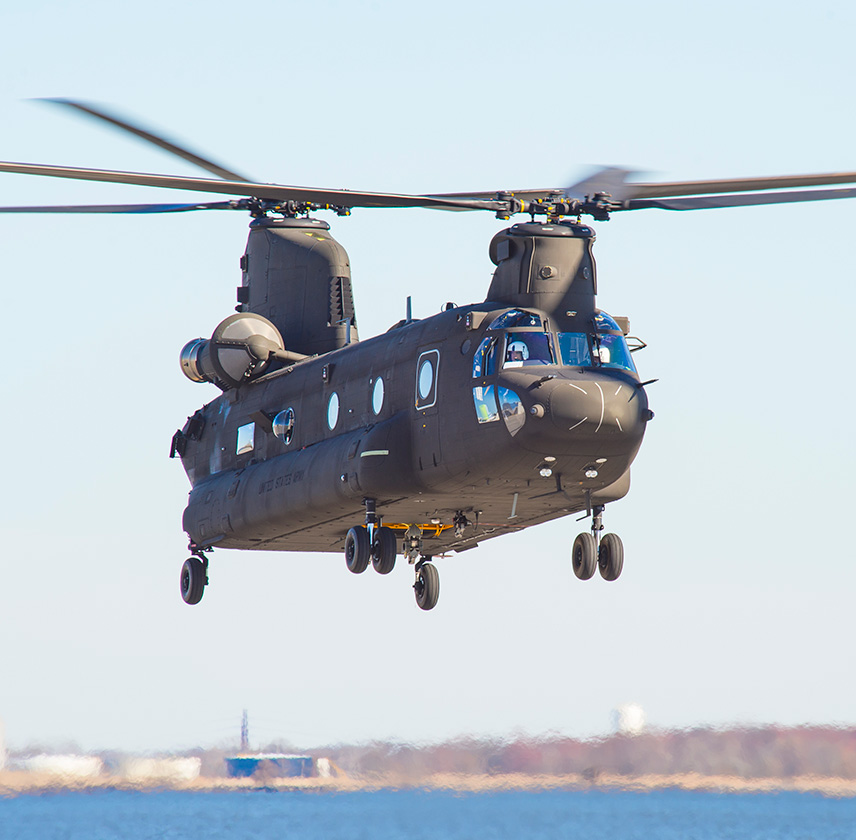Unmatched OEM training for a globally indispensable heavy-lift rotorcraft. Since 1960, Boeing Customer Training has offered the personnel and equipment to provide in-depth training in the theory, operation, maintenance, and overhaul of the CH-47 helicopter. Leveraging OEM expertise, the Boeing H-47 Maintenance Training Catalog provides maintenance and aircrew training solutions in support of military and commercial operators worldwide through live classroom and hands-on training courses. Courses are continuously evaluated and updated to address relevant training topics surrounding the global fleet.
Course offerings are listed below. Additional courses may be available upon request.
For course registration or inquiries please contact Chinook Training at ChinookTraining@exchange.boeing.com.

